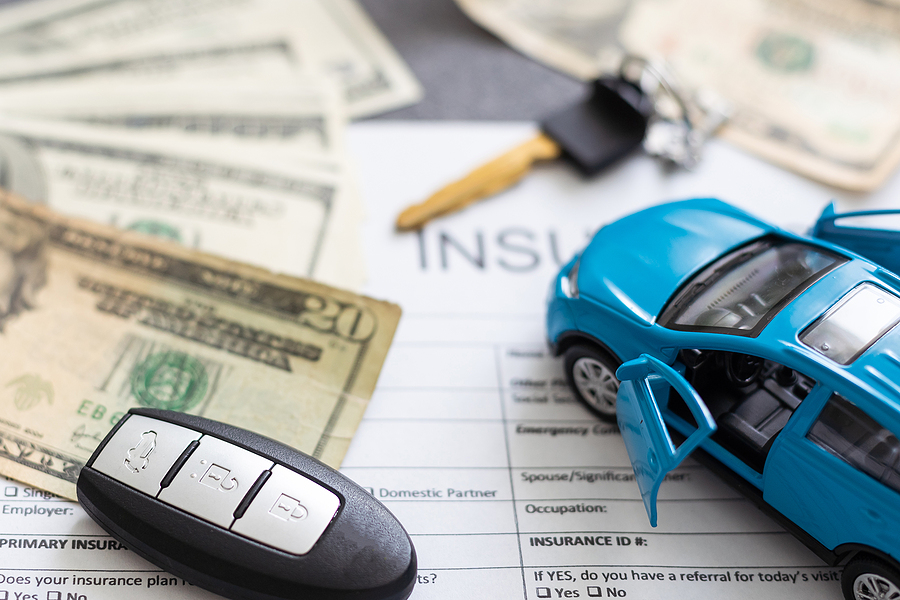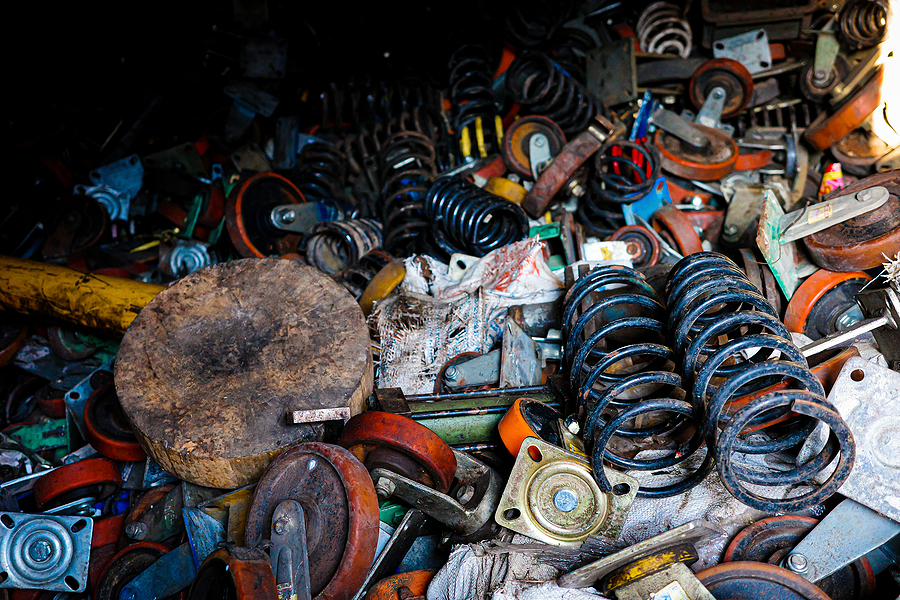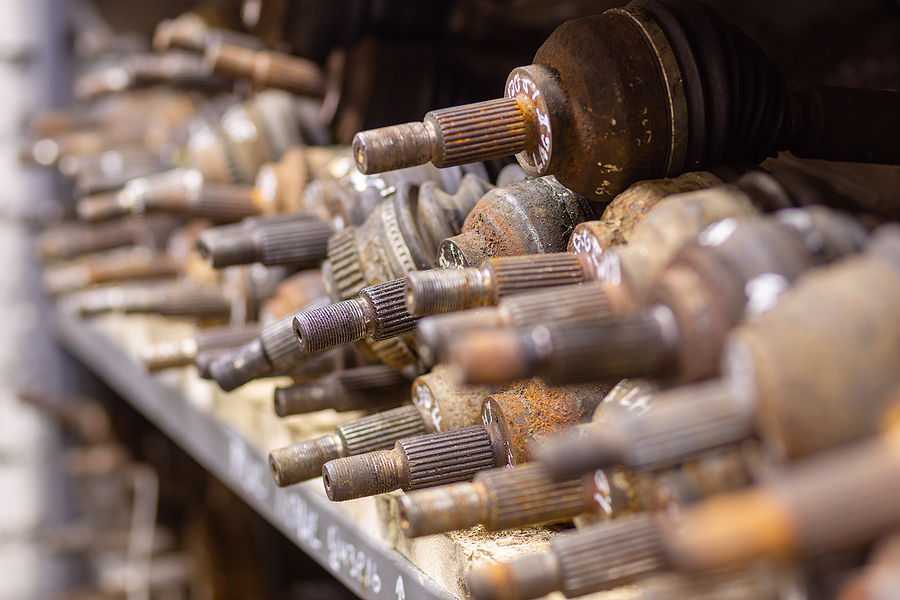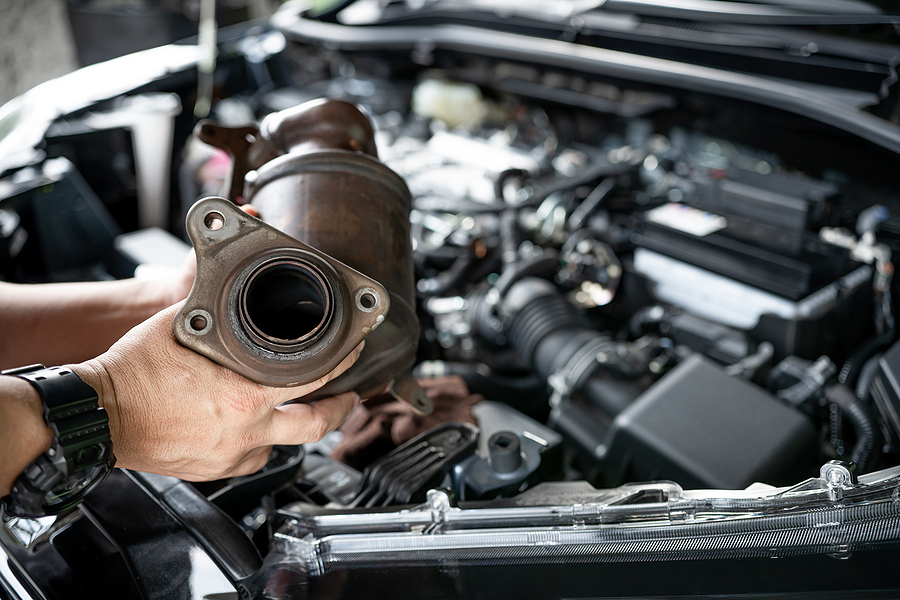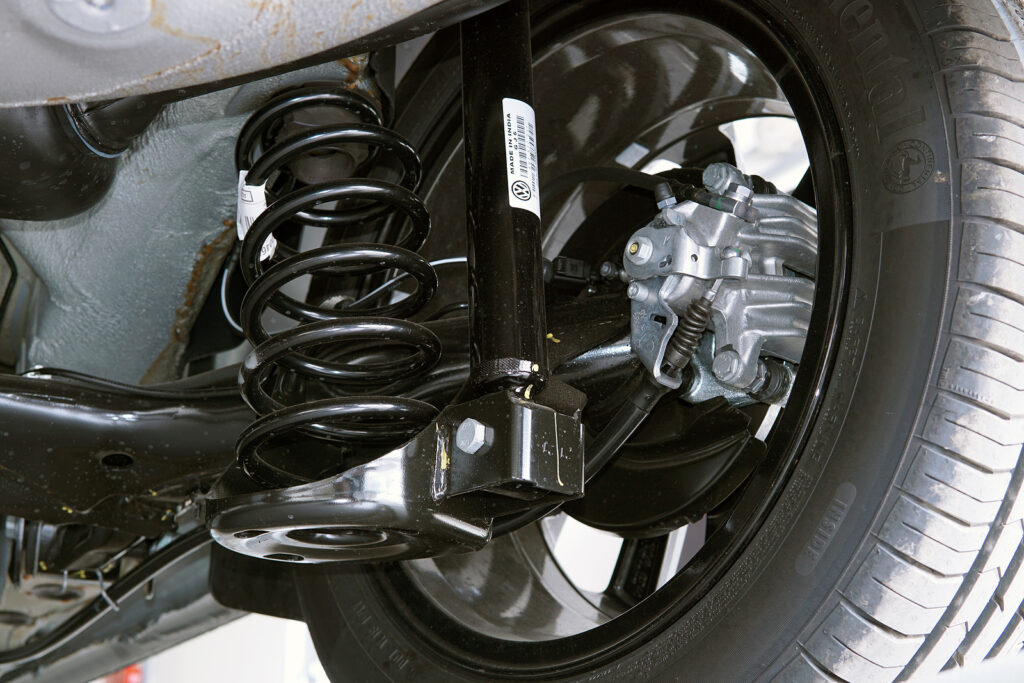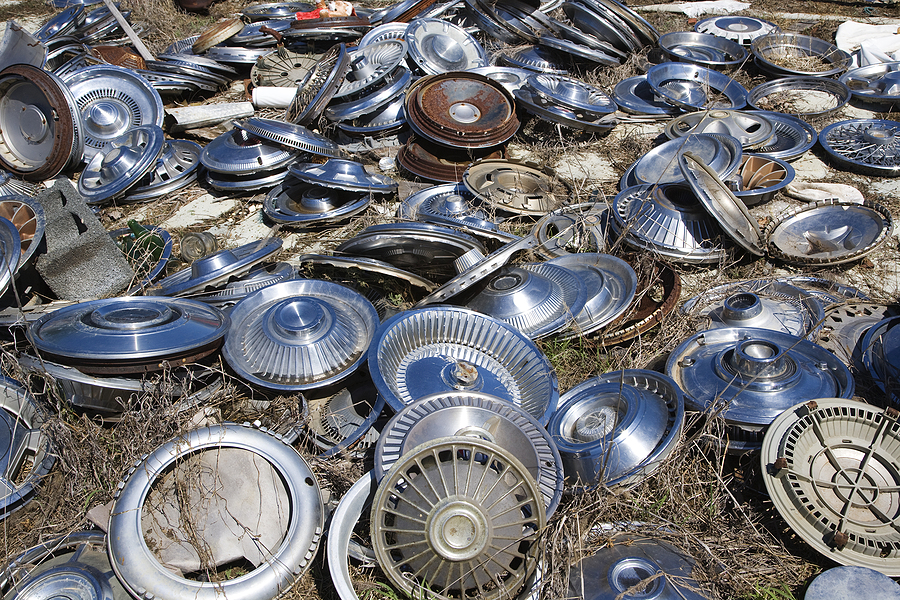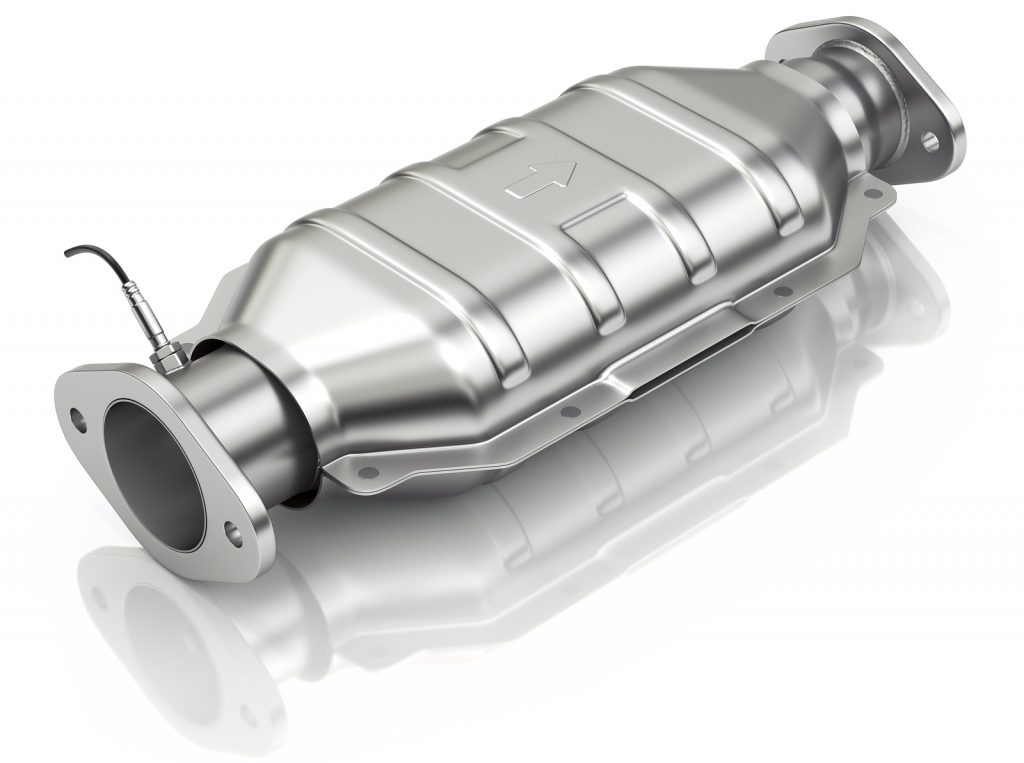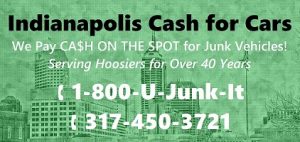A catalytic converter is a necessary and fundamental part of your car’s exhaust system. It helps reduce harmful emissions by converting pollutants into less harmful gases before they exit the tailpipe. If you’re a car owner, understanding the basics of this vital part can save you from costly repairs and environmental issues.
In this blog, we’ll delve into the common indicators of catalytic converter issues, explore preventive measures you can take to avoid unexpected breakdowns, and ultimately help you keep your vehicle running smoothly while protecting your wallet.

Signs of Catalytic Converter Failure
Recognizing the symptoms of a failing catalytic converter can save you a lot of headaches. Here are key signs to watch out for:
Reduced Engine Performance
One of the earliest signs of catalytic converter failure is a noticeable drop in engine performance. You may experience sluggish acceleration or reduced power, especially when climbing hills or carrying heavy loads. This happens because a clogged converter restricts the exhaust flow, forcing the engine to work harder.
Unusual Noises
A broken catalytic converter often produces strange noises. If you hear rattling sounds coming from underneath your vehicle, it could indicate loose or damaged components within the converter. Additionally, a failing converter might cause the engine to misfire, leading to popping or backfiring noises.
Failed Emissions Test
A failing catalytic converter can cause your vehicle to fail an emissions test. If your car’s exhaust system isn’t functioning correctly, it will release higher levels of pollutants. This not only harms the environment but can also result in fines or the inability to register your vehicle.
Common Causes of Catalytic Converter Failure
Understanding why catalytic converters fail can help you prevent future issues. Here are the main culprits:
Overheating
Overheating is a common cause of catalytic converter failure. Excessive heat can melt the internal components, causing blockages and reducing efficiency. Overheating can be caused by engine misfires, a faulty oxygen sensor, or prolonged driving with a rich fuel mixture.
Physical Damage
Physical damage is another reason why catalytic converters fail. Road debris and rough driving conditions can cause dents or cracks in the converter’s casing. Even small amounts of damage can lead to significant problems over time, such as reduced effectiveness and increased emissions.
Engine Problems
Engine issues can also lead to catalytic converter failure. Problems like oil leaks, coolant leaks, or excessive fuel consumption can clog or contaminate the converter. These issues should be addressed promptly to avoid damaging the converter and other engine components.
Risks Posed By Malfunctioning Catalytic Converters
A failing catalytic converter doesn’t just affect your car; it has broader implications as well.
Environmental Impact
A malfunctioning catalytic converter releases higher levels of harmful pollutants into the atmosphere. This contributes to air pollution and can harm human health. It’s essential to address any issues with your converter promptly to minimize your environmental footprint.
Vehicle Performance
A broken catalytic converter can significantly impact your vehicle’s performance. Reduced engine power, poor fuel efficiency, and increased emissions are just a few of the problems you might encounter. Ignoring these issues can lead to more severe damage and higher repair costs down the line.
Automotive Maintenance and Prevention Tips
Preventing catalytic converter failure is easier than you might think. Here are some practical tips for car owners:
Regular Maintenance
Regular maintenance is key to keeping your catalytic converter in good condition. Follow your vehicle’s recommended service schedule, including oil changes, air filter replacements, and exhaust system inspections. Regular maintenance can help identify issues before they become major problems.
Safe Driving Practices
Safe driving practices can also extend the life of your catalytic converter. Avoid aggressive driving, which can cause overheating and physical damage. Additionally, try to drive at a steady speed and avoid rapid acceleration and deceleration, which can strain the exhaust system.
Early Detection
Early detection of issues can prevent catastrophic failure. Pay attention to any warning signs, such as reduced engine performance or unusual noises. If you suspect a problem, have your vehicle inspected by a professional mechanic to diagnose and address the issue promptly.
Average Cost of Catalytic Converter Replacement
Replacing a catalytic converter can be expensive, but understanding the costs involved can help you make informed decisions.
Factors Affecting Price
Several factors can influence the cost of replacing a catalytic converter. These include the make and model of your vehicle, the type of converter needed, and labor costs. OEM (Original Equipment Manufacturer) converters tend to be more expensive than aftermarket options, but they may offer better performance and durability.
Affordable Replacements
If the cost of a new catalytic converter seems daunting, there are affordable alternatives. Rebuilt or refurbished converters can be a cost-effective option, though they may not last as long as new ones. Additionally, consider looking for deals or discounts from reputable auto parts suppliers.
Total Loss Vehicles
In some cases, a broken catalytic converter can render a vehicle a total loss. If the cost of replacement exceeds the vehicle’s actual cash value, it might not be worth repairing. In such situations, selling your car to an auto salvage yard or junk car buying business can be a practical solution.
Salvage Yard Benefits
Auto salvage yards, also known as junk car buying companies, auto scrap yards, and Cash for Cars companies, offer a convenient way to dispose of a vehicle with a failed catalytic converter. They often pay cash for scrap cars and parts, providing some financial relief. Additionally, recycling your vehicle helps reduce environmental waste and promotes sustainability.
Conclusion
Maintaining a healthy catalytic converter is essential for your vehicle’s performance and the environment. By recognizing the signs of failure, understanding the causes, and following preventive measures, you can avoid costly repairs and contribute to cleaner air. If you suspect your catalytic converter is failing, don’t hesitate to take action. Contact your local auto scrap yard to explore options for selling your scrap auto parts and cars.
Just be sure to choose a reliable and trusted auto salvage yard in order to get the best cash offer. Contact Zore’s Inc. Cash for Cars Indianapolis at 317-450-3721 for free junk car removal and cash paid on the spot! We accept anything made of metal, regardless of age or condition. Request a quote today!
Related Posts:
How Much is an Old Catalytic Converter Worth?
Top Three Car Parts Bought By Auto Salvage Yards
Recycle These Highly Valuable Auto Parts for a Cash Payout


